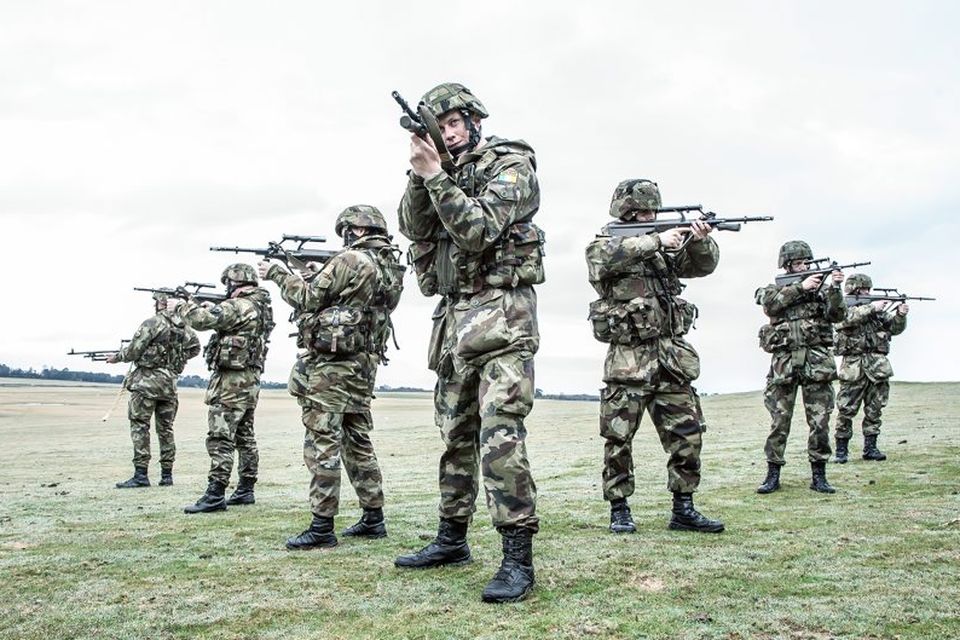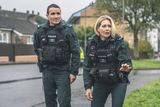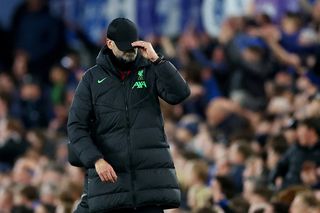RTE's Recruits review - 'a fine piece of television but it highlights the homogenising of documentaries'
RTE series Recruits concluded last night
Christopher Booker’s lengthy and divisive 2004 book The Seven Basic Plots: Why We Tell Stories argues that every piece of fiction ever written — every novel, every play, every film, every television drama and situation comedy — uses one of seven set plots to tell its story.
Booker identifies the seven basic plots as Overcoming the Monster; Rags to Riches; The Quest; Voyage and Return; Comedy; Tragedy; Rebirth.
He cites dozens of varied works to make his point; it’s a notably inclusive list. Beowulf and The Illiad hop aboard the Booker bus in the company of Harry Potter and the Deathly Hallows and Mr Bean.
The flaw in Booker’s argument is that it leaves no room for stories that don’t fit comfortably into the theory. Accept it and you immediately rule out Joyce’s Finnegans Wake, which defies any attempt at plot analysis.
While you’re at it, you can also toss away David Lynch’s surreal Eraserhead, innumerable episodes of The Simpsons, which often begins with one plot and then veers in a completely different direction, and — since we’re being inclusive — Adam Sandler’s 50 First Dates, a film that starts out as a deceptively gross-out comedy but soon transforms into a sweet and touching romance.
TV documentaries don’t have plots, although some of them have deliberate narrative agendas — Benefits Street and the Big Fat Gypsy strand being two obnoxious examples.
They do conform to formulas, however, and there are worrying signs that documentary-makers are offering us a pitifully narrow variety of formulas to choose from.
Take RTE1’s two-part series Recruits, shown over consecutive nights this week. The first thing to be said about the series is that it’s a fine piece of television. The production is first-rate and the subject matter — a platoon of Irish Defence Forces recruits undergoing to an incredibly punishing 17-week training course — is compelling.
We get to know and care about them, and hear the views of the NCOs and officers in charge. Some recruits make it to the passing out parade; others literally pass out under the physical, mental and emotional demands of the gruelling regime. A number will realise they’ve made the wrong career decision and drop out.
Moondance Productions gained unprecedented access to the Defence Forces, filming for a year, and it shows in the on-screen frankness. The post-watershed slot means we’re spared nothing. In keeping with army practice the world over, the NCOs hurl expletives at the raw newbies. It’s not pleasant, but nor is it personal. It’s equal opportunities bollocking.
But for all its quality and honesty, Recruits has a seen-it-before feel. This is because some of us have seen it before. Last year, Channel 4 screened an eight-part series called Royal Marines Commando School. Were it not for the accents and the uniforms, we could be watching the same series.
The narratives cover the same territory. Both series feature NCOs talking about having to “break” civilians before rebuilding them as soldiers, and a scene where one recruit is so overcome by exhaustion he has to be brought to hospital. Even the camera set-ups in the barracks are virtually identical.
You can’t call this deliberate copying. Recruits doesn’t plagiarise Royal Marines Commando School. But it definitely adheres slavishly to the same formula.
Observational documentary series are in danger of become as homogeneous as fast-food chain hamburgers. A bit of rare steak now and then would make a tasty change.
Join the Irish Independent WhatsApp channel
Stay up to date with all the latest news















